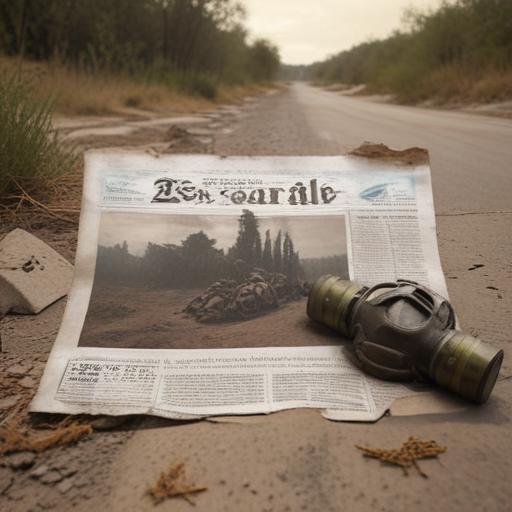The highly anticipated third installment of the acclaimed post-apocalyptic horror series, 28 Years Later, has finally made its debut in theaters, continuing the legacy that began with the groundbreaking 28 Days Later in 2002. The latest film introduces viewers to a new class of fast-moving infected, while also charting a unique course in the franchise by taking the story in a different direction than the conclusion of 2007’s 28 Weeks Later. Unlike the previous films where the Rage Virus seemed destined to spread globally, the narrative now reveals that the outbreak was effectively contained within the UK, allowing survivors to fend for themselves as the world outside moved on.
The film follows 12-year-old Spike, played by Alfie Williams, who embarks on a fateful hunting trip with his father, Jamie (Aaron Taylor-Johnson), from their isolated home on Holy Island. This journey marks Spike’s first venture beyond the confines of his community and introduces him to Alphas—a stronger, mutated strain of the infected—as well as Dr. Kelson (Ralph Fiennes), a mysterious figure whom Spike hopes can help his ailing mother, Isla (Jodie Comer).
As the plot unfolds, Spike finds himself grappling with his father’s infidelity, leading to a decision to covertly seek assistance for Isla. The duo faces numerous dangers on their venture, notably during a tense moment when Isla assists a pregnant infected, resulting in the birth of a non-infected baby girl. This encounter culminates in a dramatic rescue by Dr. Kelson, who provides a grim prognosis for Isla and offers a choice for her end-of-life decision.
The film’s conclusion might suggest closure as Spike ventures forth alone, but an unexpected epilogue introduces an adult Jimmy (Jack O’Connell), a character who escapes the infected in the film’s cold open. Alongside his group of followers known as the “Jimmies,” Jimmy comes to Spike’s aid, showcasing an intriguing twist in the narrative.
Fans can anticipate that the upcoming sequel, 28 Years Later: The Bone Temple, directed by Nia DaCosta, will explore the deeper narrative with themes of good versus evil and redemption, possibly bringing back Cillian Murphy’s character from 28 Days Later. With its layered storytelling and character developments, 28 Years Later opens the door to evolving discussions about survival and moral challenges in a post-apocalyptic setting.
The film invites audiences to reflect on the complexities of family, sacrifice, and the human experience in dire circumstances, providing a blend of horror and thought-provoking narrative that stays true to the franchise’s roots while looking ahead to new frontiers.
